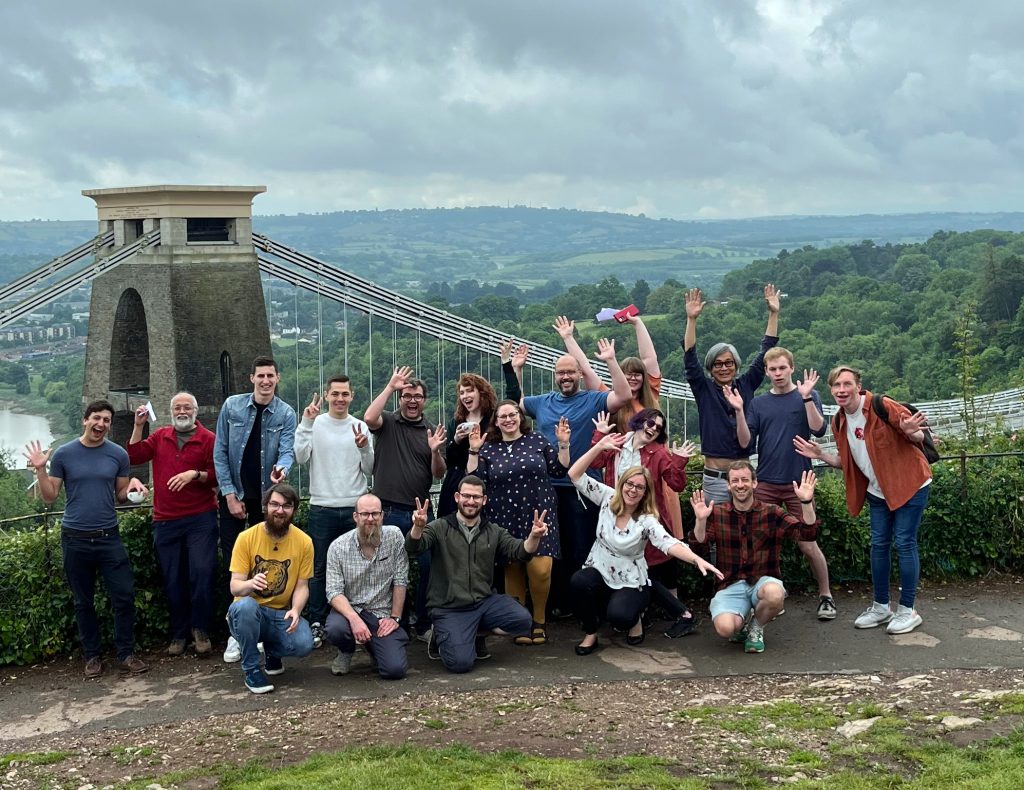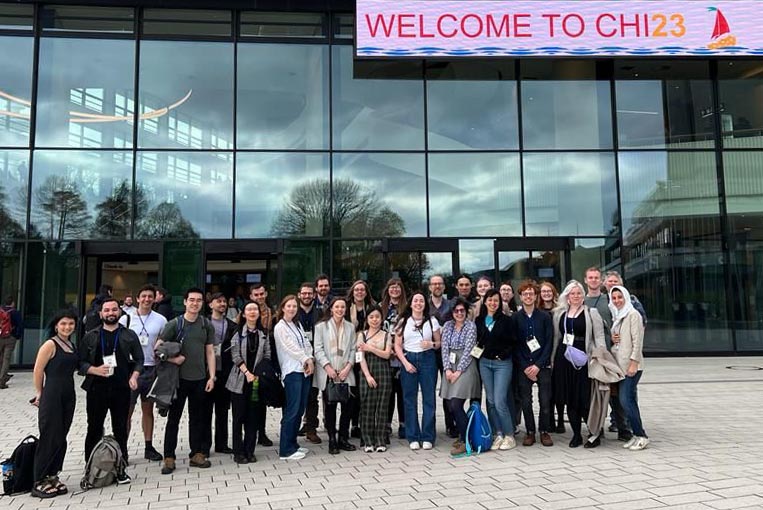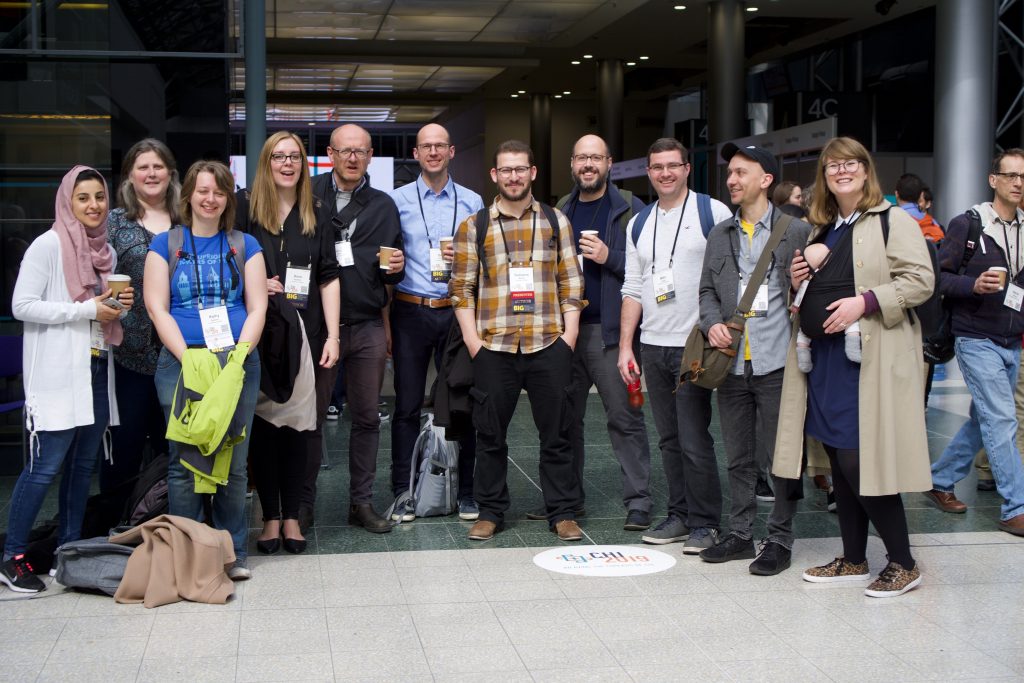
The Bristol Interaction Group is a creative interdisciplinary team with a mission to improve peoples’ lives through the design of better technologies. We study interactions between humans and technology, design novel interfaces and devices, critically examine social and environmental impact, and deploy and evaluate new interaction paradigms in everyday life settings.
We follow responsible innovation principles and seek to promote creativity and opportunities for science and innovation that are socially desirable and undertaken in the public interest. Our biggest strength is our diversity: we are computer scientists, psychologists, social scientists, human factors engineers, material engineers and artists, and we draw from and create innovative synergies across a wide range of disciplines.
We are 11 faculty members and over 40 postdoctoral researchers and PhD students. We publish in premier international conferences and journals, including ACM SIGCHI, CSCW, UIST and Ubicomp. Since 2015, BIG has attracted over £31 million in funding from UK and European Research Councils, industrial, charitable and public sector partners. This includes two Centres for Doctoral Training (CDTs), EPSRC Digital Health and Care and UKRI Interactive AI, as well as a national collaboratorium for research in Infrastructure and Cities.
Our group is a world leading centre of excellence in Human-Computer Interaction (HCI) research with our core topics revolving around 6 labs.
BIG::Tech — Interactive materials, digital fabrication and interaction techniques. We are at the forefront in the creation of new interactive materials, technologies, and digital fabrication techniques to build new hardware and software systems that will form the basis of our future interactive devices. Our work also pioneers novel interaction techniques using a variety of input and output modalities, such as mixed reality, ambient technologies or haptic systems.
BIG::Everywhere — Interaction everywhere. Our focus is on understanding the use of both emerging and everyday technologies in a variety of settings. We employ diverse methods including design, implementation, and deployment; qualitative and quantitative lab and field studies; co-design; and futuring approaches like design fiction. Application areas include health and wellbeing, learning, personal informatics, interactive AI and civic computing.
BIG::Culture — Music and art. We orchestrate and study our encounters with sonic and visual media, and look at ways the arts and creative engagement can lead to new technologies, embodied interactions, and deeper insights about ourselves. This involves creating new forms of musical and artistic expressions and experiences for end-users through the use of gesture, wearable, touch or tangible interfaces.
BIG::Access — Multisensory interaction, disability and mixed-ability. We explore and demonstrate how HCI as an applied field of inquiry can contribute to making human society more inclusive of people with or without disabilities. We design and research multisensory technologies and use mixed-methods approaches that draw on crossmodal perception, co-design, and embodied cognition.
BIG::Health — Everyday health and care. We thrive to understand how health, care and wellbeing technologies are used and not used in everyday contexts through user studies and participatory approaches to design research.
BIG::Sustain — Sustainable technology. We aspire to understand how environmental sustainability impacts digital technology, assessing the energy and resources used by such technology, but also understanding how these technologies impact our behaviours and society more widely.

CHI 2023

CHI 2019

